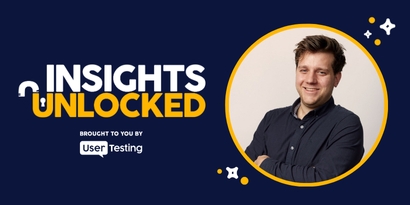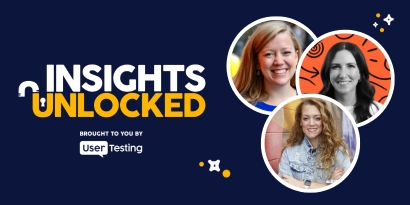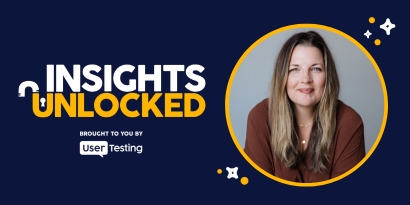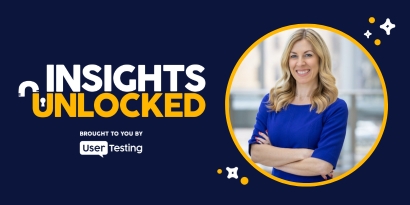
Episode 128 | July 29, 2024
Building an AI-powered product development process
In this episode, Nathan Isaacs talks with Anthony Maggio, VP of Product Management at Airtable, about building an AI-powered product development process.
Building an AI-powered product development process
Artificial Intelligence (AI) is rapidly transforming various industries, and product development is no exception.
In this week’s Insights Unlocked, Anthony Maggio, VP of Product Management at Airtable, talks about how the company has integrated AI into its product development lifecycle—everything from user discovery and feedback management through planning and prioritization, product delivery and measurement.
“We’re excited about bringing the power of large language models into the applications our customers are developing,” Anthony said.
Introduction to Airtable
Airtable is a no-code platform that democratizes application development, They make it easy for anyone, including those who have no experience with coding or with software development, to create really powerful apps to power our processes across their business. Anthony explains how Airtable enables anyone to develop custom apps for various business processes, such as product development, marketing operations, and HR management.
His interview took place at the UXDX conference in New York City where he was sharing best practices and tips for how others can integrate AI into their own workflows. You can watch Anthony's presentation, How to Build an AI-Powered Product Development Process, on the Airtable website.
An example of how AI can be used, Anthony said, is helping bring in the voice of your customers, at scale, during the product development lifecycle. “So for every new piece of user feedback that you get about your product, you can determine if it is relevant to your product team, what themes or product areas does it touch on, and then summarize that,” he said.

The Future of AI in Product Development
Anthony said it is hard to guess where we're going to be five years from now. “But I think what I know for certain is that AI will definitely have a transformative impact on the way that we develop software products in general,” he said.
And that will continue to put pressure on product teams, he said. “AI is now allowing teams to unlock insights and to accomplish tasks that just really weren't feasible previously with throwing humans at a problem,” he said.
“What you'll start to see is that product organizations are really going to be expected to utilize this technology in ways that allow them to build better products, to better understand their customers and their users, to ship products faster, and to gain better impact from their product launches,” Anthony said. “And the organizations who do that well are going to see really tremendous results and rewards from that. And those that don't will start to fall behind.”
"Product organizations are really going to be expected to utilize this technology in ways that allow them to build better products, to better understand their customers and their users, to ship products faster, and to gain better impact from their product launches,” — Anthony Maggio, VP of Product Management at Airtable.
AI as a Productivity Enhancer, Not a Replacement
Anthony reassures that AI is meant to augment human capabilities rather than replace jobs. By automating repetitive and administrative tasks, AI frees up time for teams to focus on creative and strategic aspects of product development. This shift not only enhances productivity but also fosters innovation and better customer engagement.
"And that's what we're most excited about, helping teams work better than they were before not trying to replace people or replace their jobs," Anthony said.










